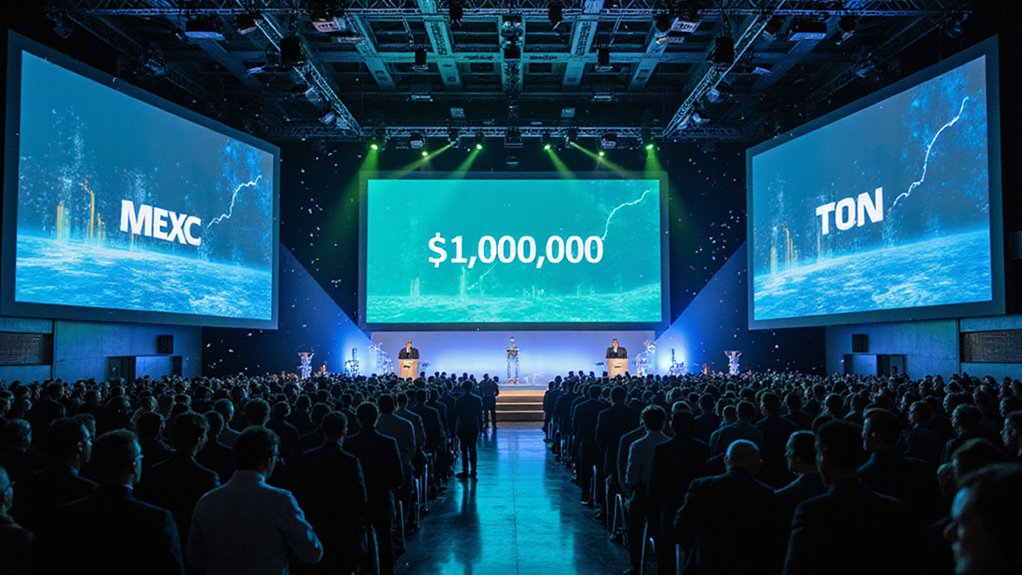The crypto winter that sent digital asset valuations plummeting and triggered mass layoffs across the industry appears to be thawing, at least enough for Cameron and Tyler Winklevoss to test public market appetite for their cryptocurrency exchange Gemini. The twins have confidentially filed for a U.S. IPO with the SEC, submitting a draft registration statement that deliberately omits share count and pricing details—standard practice for companies gauging regulatory and market reception before committing fully.
This move signals remarkable timing, considering Gemini’s recent tribulations. The exchange, valued at $7.1 billion during 2021’s euphoric bull run, subsequently weathered regulatory storms over its “Earn” program (which the SEC deemed an unregistered securities offering) and shed employees during crypto’s prolonged downturn. From approximately 1,000 workers in late 2022, the company trimmed its workforce as trading volumes collapsed and institutional appetite evaporated.
Yet market conditions have shifted meaningfully. Circle’s successful NYSE debut demonstrated that public investors retain appetite for well-positioned crypto companies, while pending stablecoin legislation and broader macroeconomic tailwinds have created favorable conditions for digital asset innovation. Circle’s stock price tripled by close on its debut day, joining established crypto companies like Coinbase, Mara Holdings, and Riot Platforms in the public markets. The Winklevoss brothers, who transformed their Facebook settlement windfall into crypto evangelism, appear determined to capitalize on this momentum.
Market dynamics have fundamentally shifted, creating an opportune window for crypto companies to test traditional capital markets and attract institutional investment.
Gemini’s IPO aspirations face significant hurdles. The SEC’s review process remains unpredictable, particularly for crypto companies with regulatory baggage. Going public demands unprecedented transparency—a potentially uncomfortable shift for an industry built on decentralization and privacy principles. The company must demonstrate sustainable financial performance beyond the boom-bust cycles that have characterized crypto markets. Meanwhile, major competitor Coinbase has shown resilience despite facing a significant cyberattack that could cost up to $400 million in remediation and customer reimbursements. The offering is specifically structured for Class A common stock, following standard corporate governance practices for public companies.
Should Gemini succeed, it would join a remarkably small cohort of pure-play crypto companies trading on U.S. exchanges. The filing contributes to growing confidence among digital asset firms that traditional capital markets can accommodate their business models, potentially attracting mainstream institutional investors who previously avoided direct crypto exposure.
The Winklevoss twins’ latest gambit represents more than corporate ambition—it’s a calculated bet that crypto has matured sufficiently to warrant permanent residence in traditional financial markets. Whether public investors agree remains the ultimate test of their thesis, and the industry’s broader legitimacy claims.








